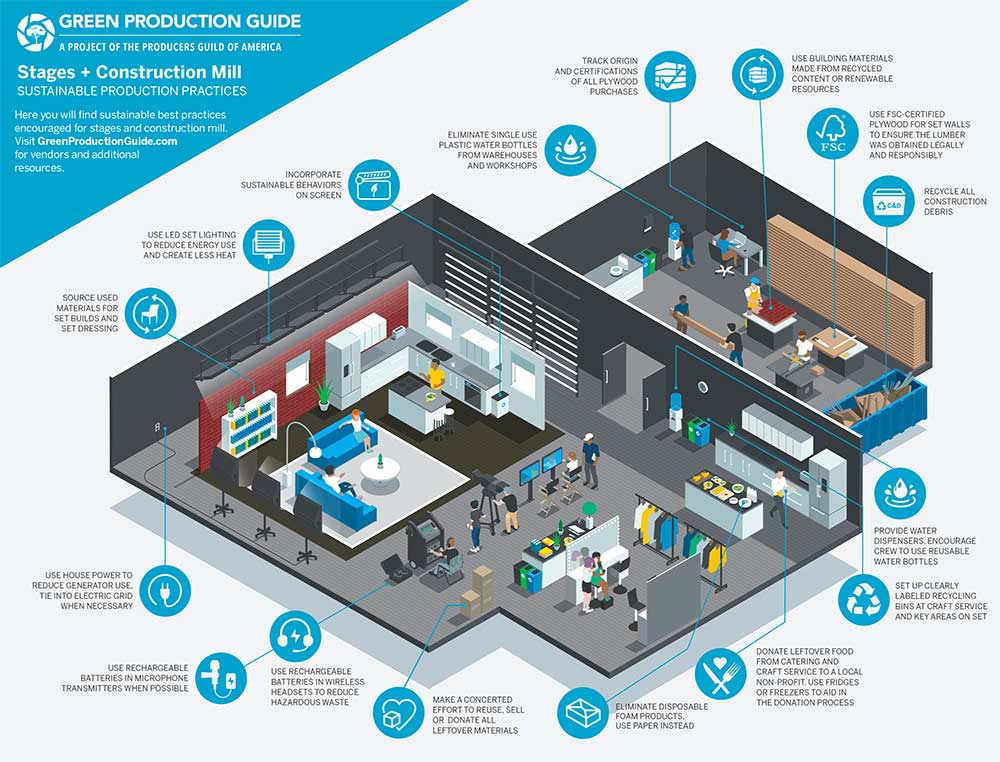Just How To Allocate Your Floor Covering Project: A Practical Guide
Just How To Allocate Your Floor Covering Project: A Practical Guide
Blog Article
Composed By-McGrath Blanton
When you're planning a floor covering task, budgeting isn't practically selecting a number; it's about recognizing what you genuinely need and the prices included. You'll intend to evaluate your particular demands, study various materials, and expect unanticipated expenditures. Think about how factors like room purpose and installment methods can impact your budget. However prior to you jump in, there are some vital details you could neglect that might substantially impact your total costs. Let's explore how to navigate these complexities and ensure your job remains on track.
Assessing Your Floor Covering Needs
Before diving into your flooring job, it's important to analyze your flooring requires. Start by taking into consideration the particular areas where you plan to set up new flooring. Think of the function of each space. For example, kitchens and bathrooms require water-resistant products, while living areas may take advantage of comfort and visual appeals.
Next, evaluate the status quo of your floorings. Are there any kind of structural concerns, such as unequal surfaces or wetness issues? Addressing these worries at an early stage can conserve you money and time down the line.
Additionally, make note of the measurements of each room to identify just how much flooring you'll require.
Don't neglect to consider your way of living. If you have pet dogs or young kids, toughness might be your top concern, while a much more official area might ask for an extravagant coating. Additionally, think of your style choices. Do epoxy flooring suppliers favor a classic look, or are you drawn to contemporary designs?
Last but not least, be realistic about how much upkeep you agree to commit to. Some materials call for more upkeep than others. By recognizing your demands plainly, you'll be much better equipped to make educated choices as you move on with your flooring job.
Estimating Prices and Materials
Approximating expenses and products is a crucial action in your floor covering project that can significantly affect your overall budget. Begin by measuring your room properly to identify just how much flooring you'll require. For a lot of materials, you'll find pricing by square foot, so accumulate quotes from various providers to obtain a sensible figure.
Next, consider https://www.familyhandyman.com/article/should-you-ditch-your-shower-curtain/ of flooring you want. Choices like wood, laminate, ceramic tile, or rug all featured various price points. Research study the expenses for each and factor in any added products like underlayment, sticky, or transition strips.
Do not neglect to consist of devices if you're preparing a do it yourself installation, as leasing or buying equipment can add to your expenditures.
Labor expenses are an additional important factor to consider. If you're hiring experts, obtain quotes from numerous service providers to guarantee you're obtaining a reasonable rate. Be clear regarding the extent of job to stay clear of unforeseen charges later on.
Lastly, https://remodel-outside-of-house11019.bloggip.com/32187819/exactly-how-to-allocate-your-floor-covering-task-a-practical-guide to reserve a tiny percentage of your allocate any type of unforeseen expenses associated with materials. By extensively approximating your costs and materials in advance, you'll set yourself up for a smoother and a lot more workable flooring project.
Preparation for Hidden Expenditures
Numerous homeowners forget the surprise expenditures that can occur during a floor covering task, which can result in spending plan overruns. To avoid this, you need to prepare for potential added expenses.
Initially, consider the condition of your existing subfloor. If it's damaged or uneven, you'll likely need repair services or leveling, which can include considerably to your total expense.
Next off, consider elimination and disposal costs for your old floor covering. Several specialists charge extra for this service, so aspect that into your budget plan.
Furthermore, don't forget about the expenses of underlayment, which might not be consisted of in the preliminary quote however are crucial for a successful installation.
You ought to additionally prepare for unpredicted complications, such as plumbing or electric job if your flooring task involves relocating components. It's smart to set aside at least 10-15% of your complete budget for these unexpected costs.
Last but not least, keep in mind that authorizations might be required for certain installations. Always check local guidelines to prevent penalties or delays.
Final thought
In conclusion, budgeting for your flooring job is vital for a successful outcome. By analyzing your requirements, approximating costs, and planning for covert costs, you'll avoid surprises and remain on track. Bear in mind to set aside a section of your allocate unexpected costs and keep a thorough failure of your expenses. With careful preparation and factor to consider, you'll produce a lovely area that satisfies your demands without breaking the financial institution. Satisfied flooring!
